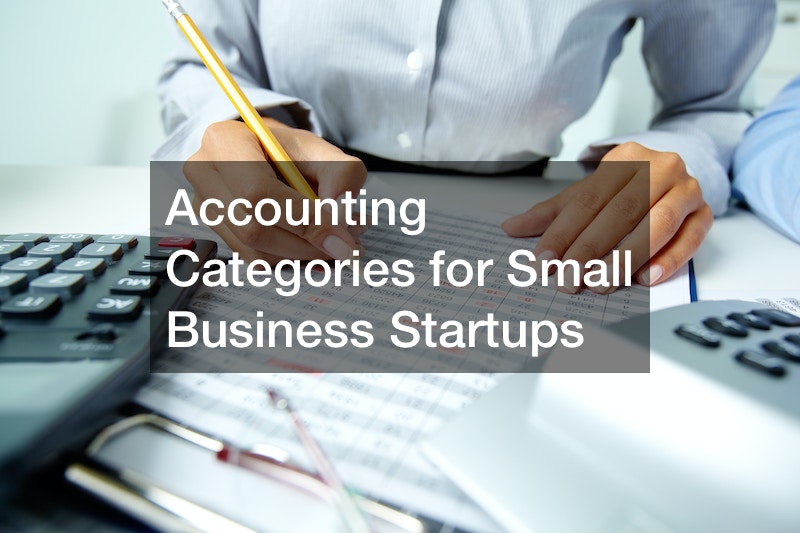it is important to know how your money is being spent.
The spreadsheet provides another option to manage these accounts. If you need to manage the financial state of your business more precisely it is an option. It’s possible to make a spreadsheet that contains every detail about receivables, payables and other accounts. After that, you’ll be able to keep track of this data manually.
You can keep track of both your payable and receivable accounts in any way you want. You should be able to locate the data quickly and be able to comprehend that it is there. It can be a time-saver to work hard and make a system for tracking these data.
8. Rent and Utilities
Electricity and rent is major expenses for small startup businesses. Keep track of your monthly costs so you can plan your budget in line with the needs. Track the monthly costs to control your budget and avoid spending too much. These expenses could include gas, electricity, or water. This can change from month-to-month so make sure you maintain a tracker of them. For a better understanding of the cost of your utilities, you could consider creating your own budget.
Rent is another expense to keep track of. The lease contract will probably contain information about how much rent is due each month. Be aware of rent due dates to keep current on the obligations you have to meet. Track your utility and rent expenses to better manage your finances. This will enable you to improve the efficiency of your accounting for small businesses. This will allow you to stay within your budget while avoiding unplanned expenses.
9. Supplies for Office
You’ll have to put office products in your accounting areas if you’re starting a business. Office supplies are an essential aspect of running a business andtherefore need to be accounted for. The company may require you to track pens, paperstappers, paperclips and staplers as well as the other office items.
h5v3dxhz3i.
